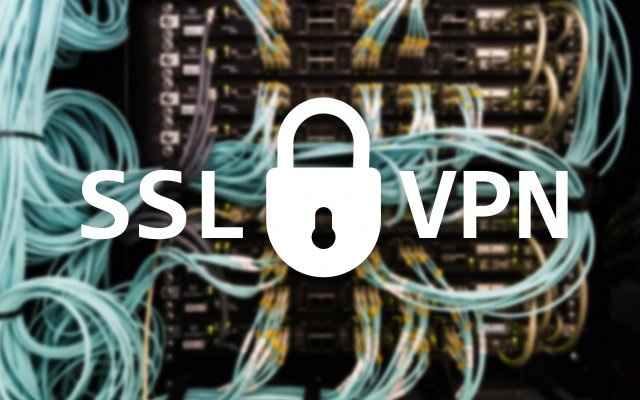SSL VPN stands for secure socket layer virtual private network and this type of VPN is widely used nowadays.
An SSL VPN is a type of VPN which uses the SSL protocol. VPNs work by encrypting your Internet data so that others can’t have access to it. This way your identity and data are protected every time you go online. A VPN protocol is the technology used by the VPN provider in order to encrypt that data. There are several VPN protocols available nowadays, each of them with its advantages and disadvantages. Read more about VPN protocols here.
An SSL VPN protects your data using E2EE (end-to-end-encryption), ensuring your online browsing is safe regardless whether you use private or public networks.
Since 2015, VPNs no longer use SSL encryption. It has been replaced by its more evolved/secure successor, the TLS protocol (Transport Layer Security). TLS encrypts all the data transmitted between a device connected to the Internet and the VPN server. However, this type of protocol is still largely referred to as SSL VPN (together with TLS VPN).
SSL VPN is used the most (but not exclusively) by businesses/corporations that have employees who work remotely. By using SSL VPNs, they make sure their employees can safely connect to the Internet and access the company’s online data. They are able to work remotely without risking to compromise in any way the security of the enterprise.
There are two main types of SSL VPNs: SSL portal VPN and SSL Tunnel VPN.
SSL portal VPN: it allows one at a time SSL connections to websites. Users access the SSL VPN gateway through a webpage (a portal) using their web browser.
SSL tunnel VPN: it lets user access multiple services using web browsers and non-web based apps and protocols, through an SSL tunnel. The tunnel is created between the user and the VPN server.
Why use a SSL VPN? Advantages
One of the biggest advantages SSL VPNs have over traditional ones is the fact that they don’t require any additional software to be downloaded and installed. All you need is a working, up to date browser and you are good to go.
SSL VPNs are also easier to use than traditional VPNs, especially those that use the IPSec protocol. You can use any web browser and you don’t require as much tech support. SSL VPNs are more user-friendly than IPSec and more versatile.
OpenVPN and why you should use it
The OpenVPN protocol has become an industry standard nowadays and most reputable VPN providers use it. The OpenVPN protocol is an open source protocol that implements the SSL/TLS protocol and it is definitely the protocol you should go with because it is highly adaptable. OpenVPN is very easy configurable and allows portability across multiple platforms.
Some disadvantages of SSL VPNs
One of the weaknesses of the SSL VPN is related to security. SSL VPNs can be accessed remotely and can be susceptible to viruses, malware and other cyber threats.
SSL VPNs are easier to be hacked due to the split tunneling feature of the SSL VPN.
One example in which an SSL VPN can be exploited is when a user uses the SSL VPN to connect to a company’s internal network and then forgets to close his session. If left open, that network becomes exposed to all sorts of online threats.





